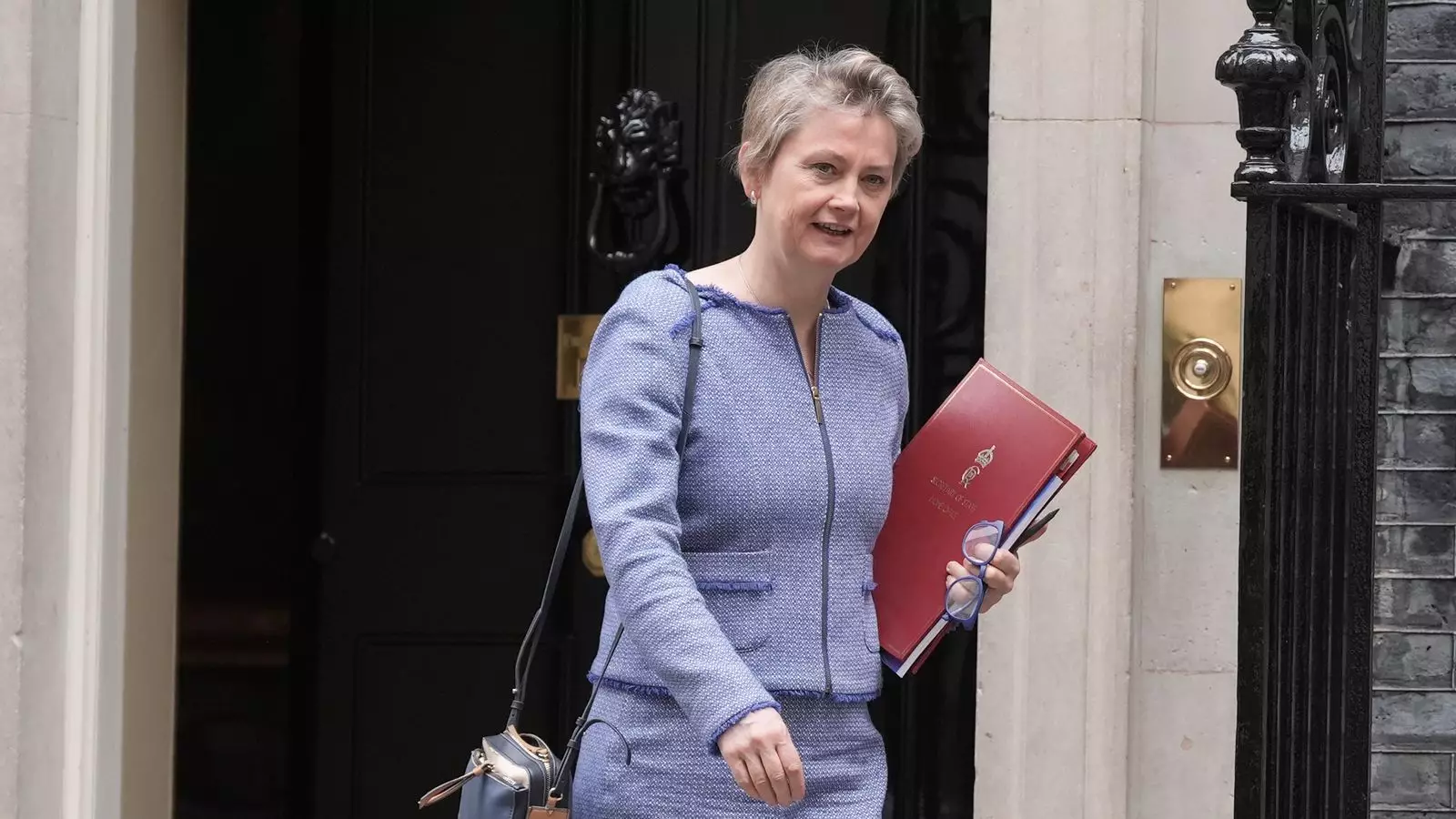The recent announcement of a “one in, one out” deal between the UK and France ignites hope, but beneath the surface, it reveals a string of uncertainties and superficial solutions that threaten to complicate rather than resolve migration issues. While it’s presented as a pragmatic approach to curb small boat crossings, the ambiguity around figures and legal intricacies exposes a fundamental flaw: the reliance on vague promises rather than concrete, sustainable policies. Assigning arbitrary numbers—possibly just 50 migrants weekly—without a clear framework risks turning the initiative into an ineffective Band-Aid, leaving the root causes of migration unaddressed. Such piecemeal tactics ignore the broader social and political realities that breed desperation and compel vulnerable individuals to risk treacherous crossings.
The Illusion of Control and the Danger of Short-Term Fixes
The decision not to fix precise return quotas early on underscores a recurring tendency within governments aiming to appear responsive. This “trial and adjustment” approach, although seemingly strategic, often results in half-measures that fall short of genuine reform. It reveals a mindset content to manage symptoms rather than confronting the systemic issues—such as geopolitical instability, economic disparity, and inadequacies within refugee protection systems—that exponentially contribute to migration flows. Promising flexibility is superficial if it sidesteps accountability and fails to set definitive, measurable goals. Consequently, the deal might become a perpetual experiment, with no guarantee of enduring success or meaningful change, undermining public confidence and international credibility.
Legal and Political Complexities: A Mirage of Confidence
While UK officials tout extensive legal preparations to safeguard the deal, the reality remains fragile and fraught with potential legal challenges. The discussions with EU member states highlight an understanding that legal frameworks are complicated and subject to change, especially after Brexit. The absence of a robust legal underpinning creates uncertainty about how enforceable any returns will be, raising questions about the long-term viability of such agreements. Moreover, relying heavily on cooperation with France and the EU—especially given Brexit’s disruption—may be overly optimistic. Political shifts in either country could threaten the deal’s stability, leaving migrants and border security policies in a precarious limbo.
Brexit’s Role in Exacerbating the Crisis
Macron’s assertion that Brexit caused the surge in small boat crossings is a candid acknowledgment of the broader fallout of the UK’s departure from the EU. Removing the Dublin Agreement not only loosened the UK’s control over asylum claims but also inadvertently empowered criminal smuggling networks, which have capitalized on legal loopholes and public misinformation. The narrative of external influences—as opposed to internal policy failures—shifts blame but conveniently overlooks the fact that the UK’s post-Brexit immigration framework is itself part of the problem. Addressing migration solely through bilateral deals with France sidesteps the deeper reforms needed within the UK’s own immigration system, and it risks treating symptoms while ignoring systemic causes.
Real Solutions Lie Beyond the Surface
If the government genuinely aims to stem dangerous crossings and create a fair, humane migration system, it must acknowledge the limitations of current strategies rooted in deterrence and superficial agreements. Meaningful reform requires a comprehensive approach—including safe legal routes, targeted aid in migrant origin countries, and international cooperation that goes beyond bilateral handshakes. Public trust depends on transparent, measurable progress rather than vague promises of future results. Clinging to short-term fixes ultimately allows root causes to fester, continuing the cycle of perilous journeys and political posturing. Only through honest, bold policy reforms rooted in human rights and global responsibility can a genuine breakthrough be achieved.


Leave a Reply